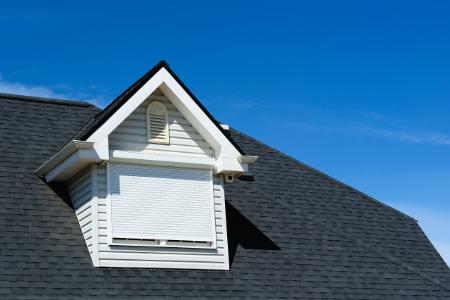When Should I Replace My Roof?

Your home's roof is the barrier that guards your home against the elements, shielding you from the whims of weather and time. However, even the most robust roofs have a lifespan, and understanding when it's time for a replacement is essential to preserving the well-being of your home. Whether it's the gradual weathering of asphalt shingles or the natural wear and tear of other roofing materials, recognizing the cues to a roof that needs replacing is crucial. In this comprehensive guide, we'll navigate through the subtle and not-so-subtle signs that signal the need for a new roof. Proactive awareness is the key to mitigating potential issues, so let's embark on a journey to unveil the indicators demanding your attention.
Age and Wear
Over time, even the sturdiest roofs succumb to wear and tear. The age of your roof plays a pivotal role in its performance. Asphalt shingles, for instance, typically last 20-30 years. If your shingles are nearing the end of their lifespan, or if you've experienced extensive weathering, it might be more cost-effective in the long run to invest in a new roof replacement rather than repairs.
Leaks and Water Damage
Leaks and water stains on your ceiling are clear indicators that your roof may be compromised. Water damage not only jeopardizes the structural integrity of your home but can also lead to mold and mildew growth. If your roof is leaking, it's time to consider a replacement instead of just a repair. Addressing the issue promptly will safeguard your home from further damage and ensure a dry, secure living space.
Storm Damage
Extreme weather events can wreak havoc on your roof. Damaged or missing shingles, dents, or cracks may not always be visible from the ground. After a severe weather event, it's essential to conduct a thorough inspection or hire professional roofing contractors to assess the integrity of your roof. Timely repairs or a complete replacement may be necessary to fortify your home against future weather challenges. Stay vigilant and resilient in the face of nature's unpredictable temperament.
Energy Efficiency
If you find yourself facing escalating energy bills, your roof might be a culprit. Outdated or inefficient roofing materials can contribute to heat loss or gain, affecting your home's energy efficiency. Investing in a modern, energy-efficient roof not only reduces your carbon footprint but also puts money back in your pocket through long-term energy savings. Consider a roof replacement as a proactive step towards a more eco-friendly and cost-effective home.